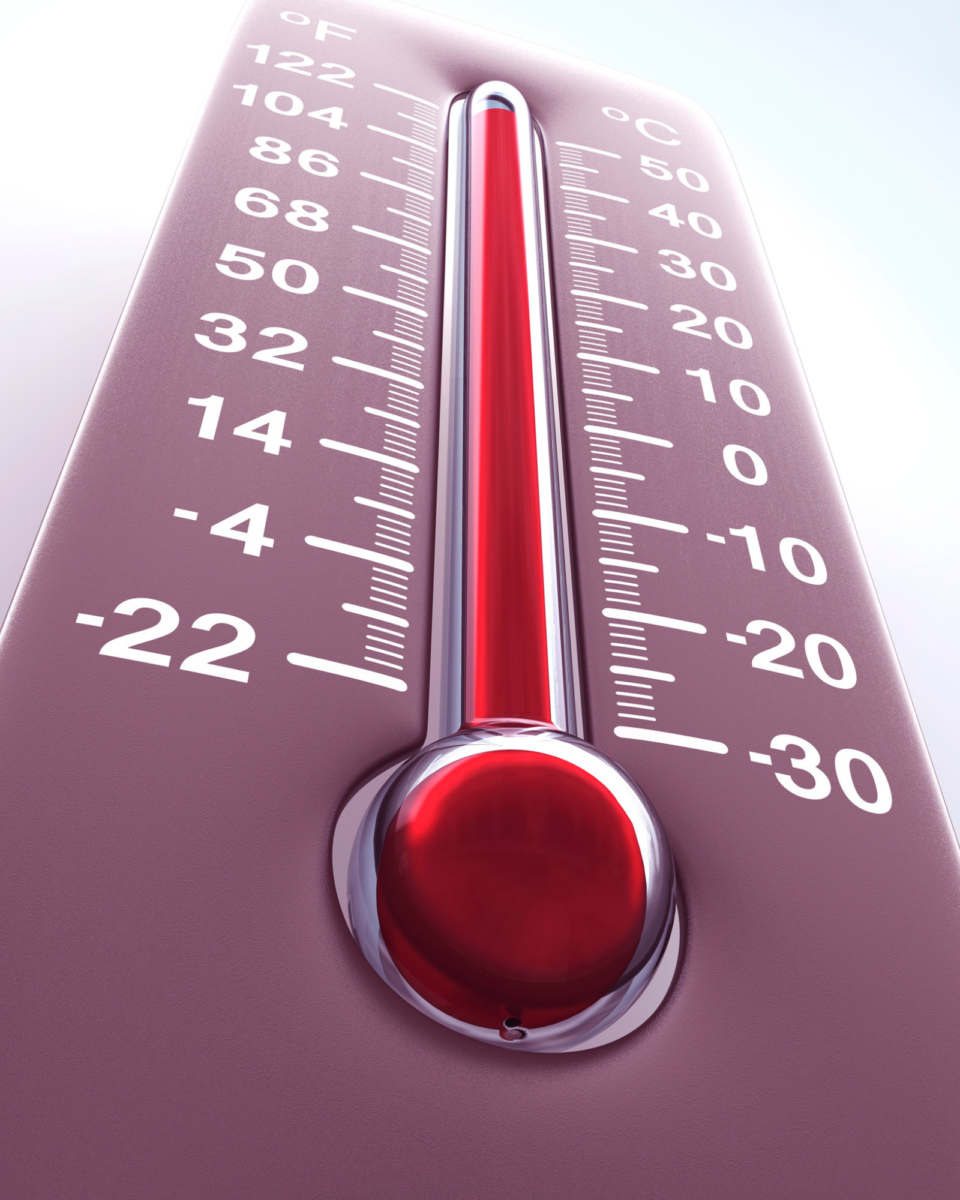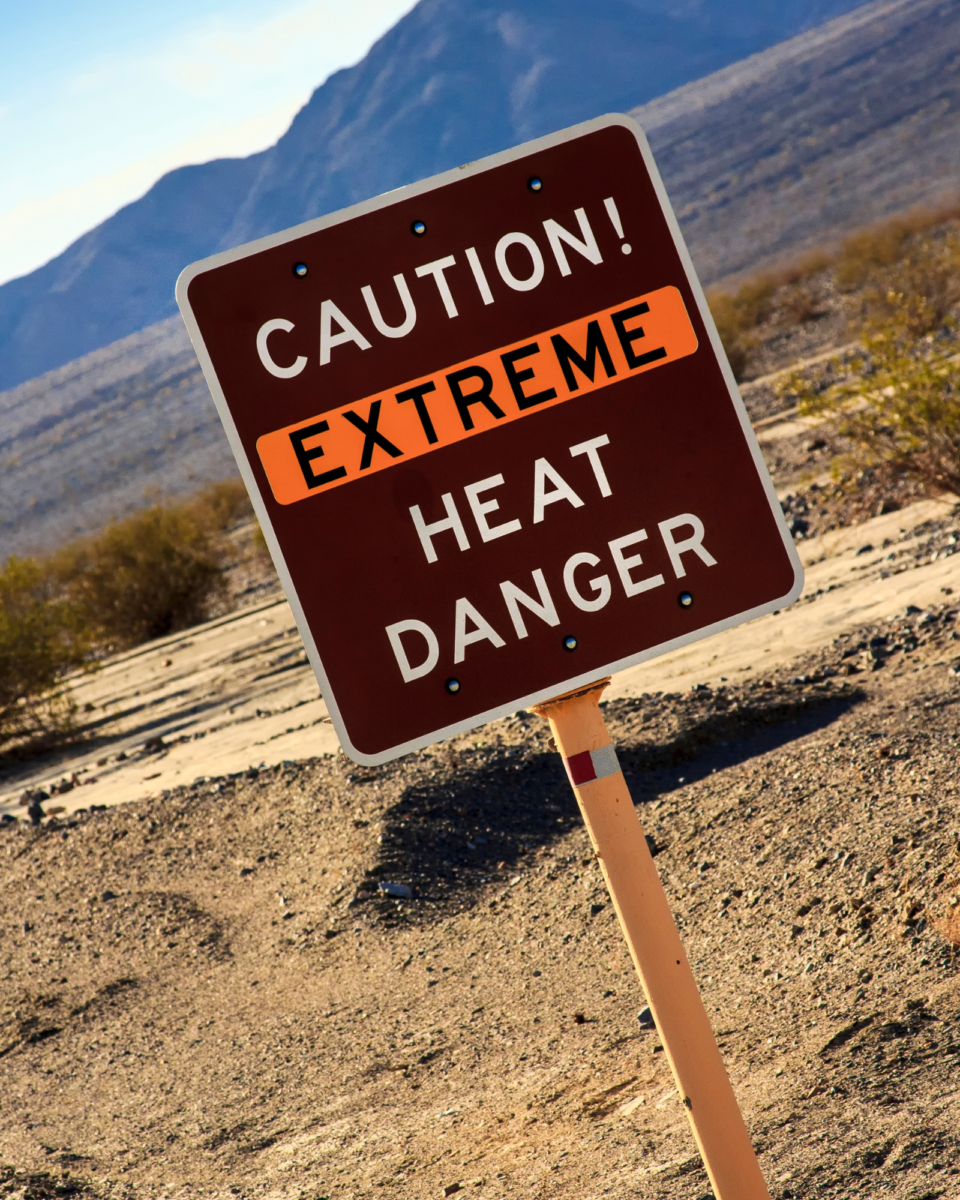Heat impacts precision measurement device efficacy. We’ve said it before and we’ll say it again, when it comes to precision measurement, accuracy is key (after all, we are The Accuracy Experts). From laboratories to industrial settings, the reliability of measurement devices can make or break an operation, and heat can significantly influence that reliability. In this post, we’ll delve into the effects of heat on precision measurement devices to better understand these impacts and review how to mitigate the risks, which is crucial for maintaining measurement precision.

Thermal Expansion Affects Precision Measurement Device Accuracy
Heat, whether produced by external sources or generated internally by the device itself, can pose a significant challenge to the accuracy of measurement devices. This challenge is particularly pertinent in environments where temperature fluctuations are common, such as industrial settings or outdoor applications.
Heat can affect measurement devices in various ways, ultimately leading to inaccuracies in readings. One of the primary effects is thermal expansion, where materials within the device expand or contract in response to temperature changes. This expansion can cause changes in dimensions, altering the accuracy of the device and leading to unreliable measurement readings.
For example, imagine a micrometer is being used outdoors on a Summer day. At 9 AM, maybe the temperature is 73 degrees F, but at 1 PM, the temperature could be 82 degrees F. The micrometer could produce different readings at 9 AM then it does at 1 PM, even if all other factors are the same due to thermal expansion of the micrometer.
Additionally, heat can impact the performance of electronic components within the device. High temperatures can degrade the performance of sensors, amplifiers, and other electronic components, leading to drift in readings or even device failure.
Mitigating Heat-Related Issues
To mitigate the impact of heat on precision measurement devices, several strategies can be employed:
- Temperature Control: Maintaining a stable temperature environment is key to ensuring the accuracy of measurement devices. This may involve installing temperature control systems or placing devices in temperature-controlled chambers.
- Calibration: Regular calibration is essential for ensuring precision measurement device accuracy. This is especially true when measurement instruments are being used in environments where temperature fluctuations are common. In those situations, users should consider increasing calibration frequency to ensure that the device remains accurate and reliable over time.
- Heat Shielding: In environments where heat sources are present, shielding measurement devices from direct exposure to heat can help minimize thermal effects. Heat shields or insulation can be used to protect devices from external heat sources.
- Material Selection: Choosing materials with low thermal expansion coefficients can help reduce the impact of temperature changes on precision measurement devices. Additionally, selecting materials with good thermal conductivity can aid in dissipating heat away from sensitive components.

Understanding the impact of heat on measurement devices is crucial for maintaining accuracy and reliability. Businesses should implement strategies to mitigate the effects of heat on precision measurement devices to ensure that they continue to provide accurate readings, even in challenging thermal environments. As leaders in the weights and measures industry, the Michelli Weighing & Measurement team is committed to helping our customers navigate these challenges and achieve precise measurements in all conditions.
Let Us Help You Find the Right Floor Scale For Your Application
Have questions about how heat impacts precision measurement devices?
For questions or assistance, please contact your local Michelli Weighing & Measurement location. Our team of experts is here to help you achieve optimal performance from your measurement equipment.
